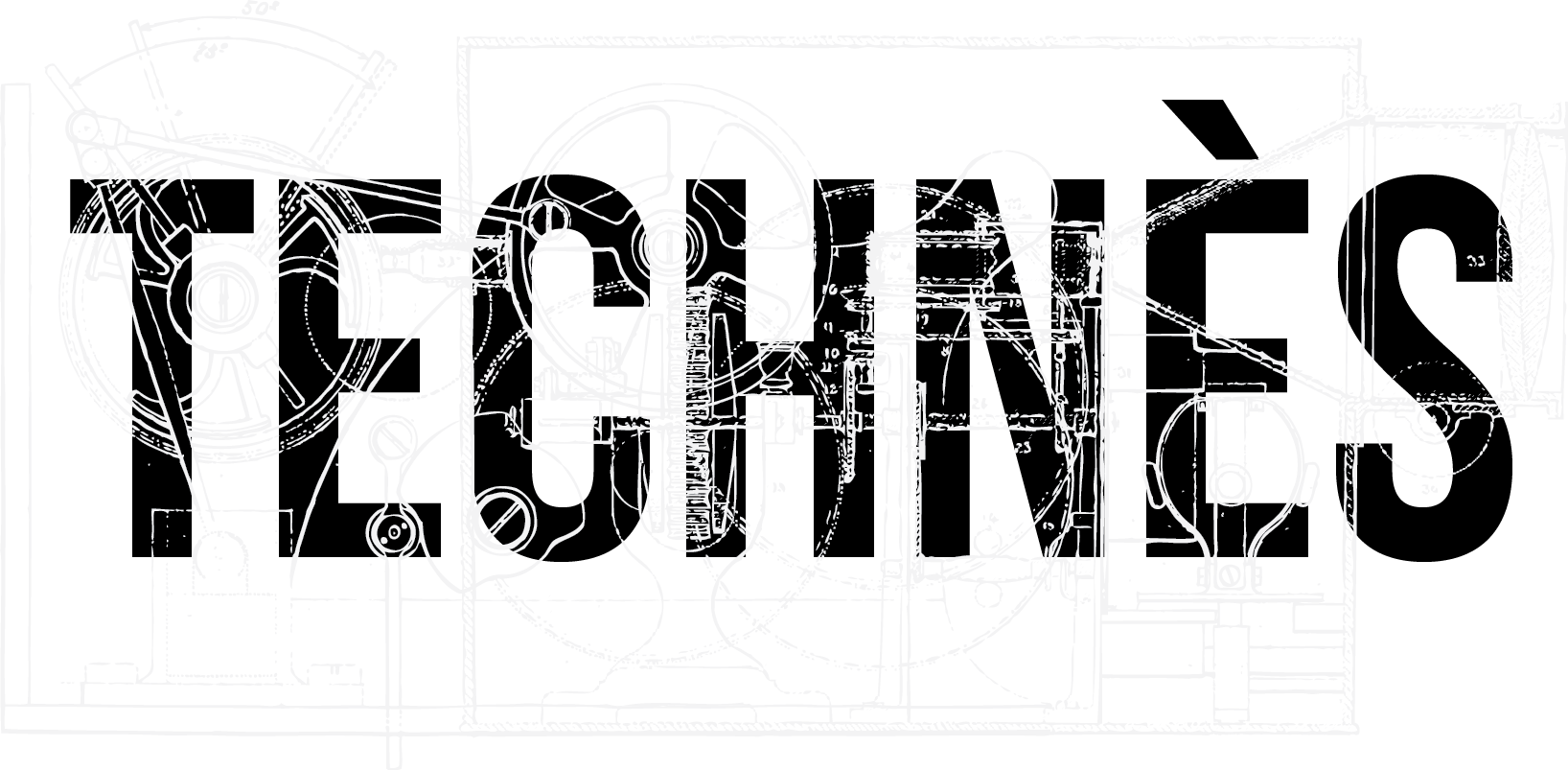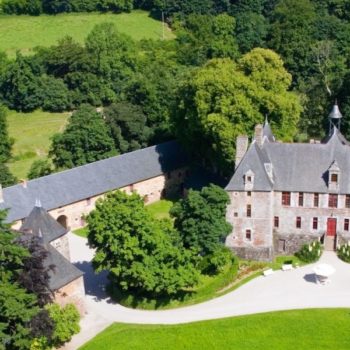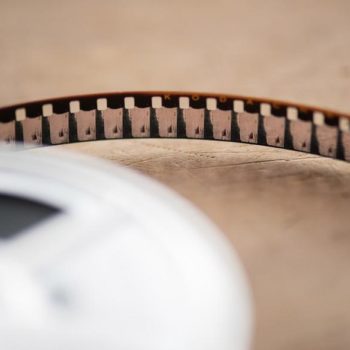
Study Day: Appareiller le cinéma: le cas Aäton
- On 5 October 2019
One of the activities of the TECHNÈS section in France has been to organise a study day on the theme Appareiller le cinéma: le cas Aäton, which was organised by Gilles Mouëllic and Fabien Le Tinnierand took place on 22 April 2016 at Université Rennes 2 Haute Bretagne.
This study day examined the Aäton collection, deposited by Jean-Pierre Beauviala and today preserved at the Conservatoire des techniques of the Cinémathèque française. As part of the new Beauviatech research program of the Université Rennes 2 cinema studies laboratory, the study day introduced this collection using archival materials and presented an initial technical history of the machines (movie cameras, audio recorders, etc.) developed by the Aäton firm in Grenoble from 1971 to 2013. It then undertook three initial analyses of some of these machines. In this sense, the term “appareiller” (to equip) describes 1) the production of complex objects for precise uses, and 2) assembling or joining diverse objects for complex and complementary uses. This first study day of the series Appareiller le cinémaconsisted in thinking about these machines using a technical and practical methodology from the perspective of a broadened epistemology of the “machinic”, a concept proposed by Deleuze and Guattari in 1972 which they defined as “a constantly producing factory which creates dispositions, which is the cause of deterritorialisation and reterritorialisation”.
Program:
Fabien LE TINNIER (Université Rennes 2/Lausanne) “Généalogie chronologique des machines Aäton du Conservatoire des techniques de la Cinémathèque française”
Marianne BAUER (Cinémathèque française) “Présentation du fonds Aäton conservé dans les collections films de la Cinémathèque française”
Alexia DE MARI (Université Paris 3) “Évolutions techniques des premières caméras: de l’Aäton 7 à l’acton XTR”
Hélène FLECKINGER (Université Paris 8) “’Un oeil au bout des doigts’: Expérimenter en vidéo avec la Paluche”
Denis GRIZET (Université Rennes 2) “Pénélope-Delta: le ‘chat sur l’épaule’ à l’ère numérique”


